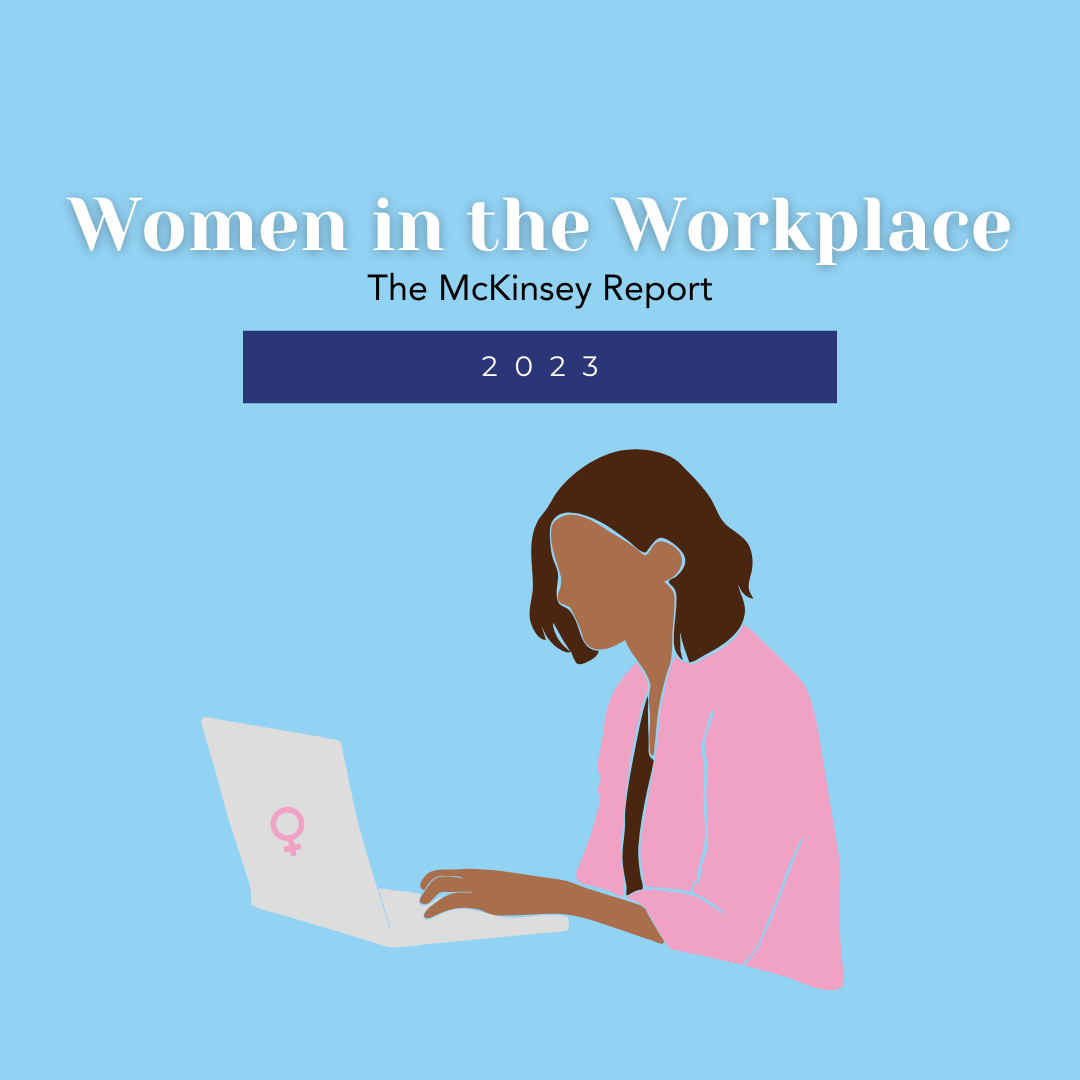
The McKinsey Report
The last annual report on Women in the Workplace by McKinsey & Company once again shone a light on the challenges that many women continue to face in their careers. At LEXi, we are dedicated to experiential learning and professional development, our own team is handsomely represented by women, so it will come as no surprise that we are committed to doing our part in creating a more inclusive and supportive environment for women.

Disappointingly, this report showed that women, and particularly women of colour, continue to lose ground in middle-management, which has a knock on effect all the way through their careers. So, what are the primary obstacles? The report highlights some key areas of concern and opportunities to do better:
As opposed to the famous ‘glass ceiling’, the real obstacle for many women today is the ‘broken rung’. Only 87 women (and that drops to 73 for women of colour) are promoted for every 100 men at the first step up to management, resulting in a smaller pool to choose from for each subsequent promotion opportunity. Without equity at this first level, all efforts to create equal representation at the highest levels of leadership are thwarted from the start.
Microaggressions have a large impact on women in the workplace, resulting in stress, anxiety and a failure in attempts for organisations to build psychology safe cultures. Women are more likely to be subjected to microaggressions and the cost to organisations includes lost ideas and unfulfilled talent.
Women are still seen as being less ambitious than their male counterparts, and flexible working is perceived to be of more importance to women, than to men. Both of these myths are false, and perpetuate negative bias against women who may be seeking ascend the leadership ladder.
Data is only helpful if it is good data and is used appropriately. The strongest performing organisations measure the use and impact of flexible policies, tailor some of their career development content for women and women of colour, and provide high-quality, ongoing training for managers to ensure they have the right skills.
Intersectionality plays a huge role here, and organisations are not doing enough to track career development data through an intersectional lens.
The report also highlights the role of managers in eliminating bias, noting “managers are on the front lines of employees’ experiences and central to driving organisational change”. At LEXi, we see time and time again that managers are key to noticing, understanding and resolving many of these issues. Therefore providing them with the right skills and training is imperative.
We believe that by actively fostering a culture where diverse voices are heard and respected, we can build a stronger, more vibrant community. This isn’t just the right thing to do – it’s essential for driving innovation and ensuring that everyone has the opportunity to thrive.
The challenges highlighted in the McKinsey report are significant, but we believe that with a steadfast commitment to inclusion, quality, and growth, organisations like LEXi can be part of the solution.
Together, we can build a future where women’s contributions are recognised, valued, and celebrated and organisations can take action to make this a reality by:
Quality is at the heart of everything we do at LEXi, and that includes our commitment to the growth and development of our team. We understand that supporting women in their career journeys requires providing them with the tools, resources, and opportunities they need to reach their full potential. By investing in our colleagues, we’re not just improving their individual performance, but strengthening the entire organisation.